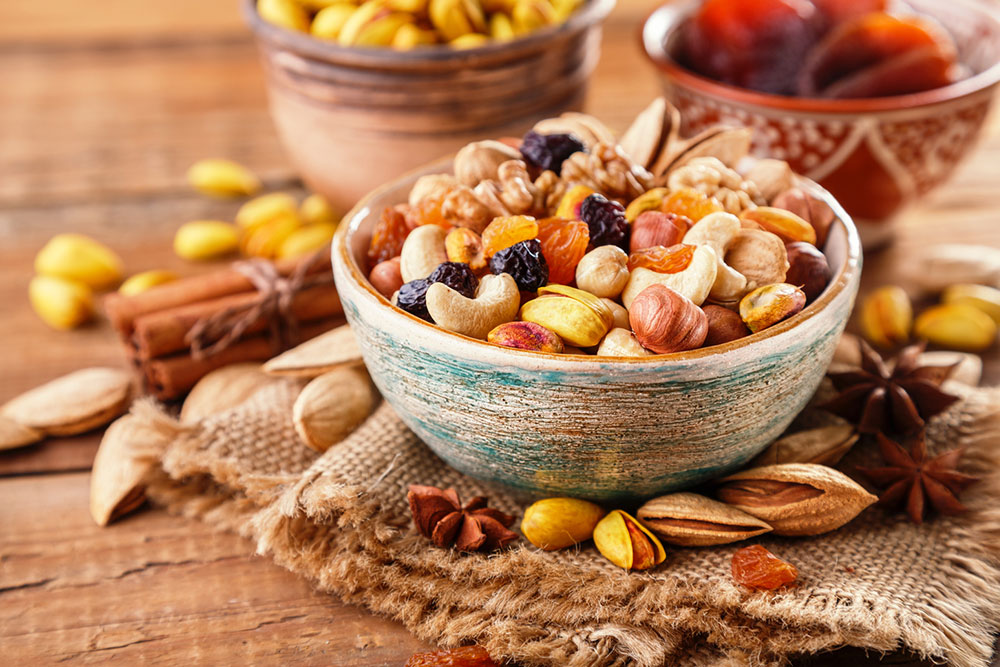
Top 11 foods to avoid for asthma
According to CDC reports, asthma is a chronic respiratory condition that affects over 25 million people in the country. It is marked by chronic inflammation and narrowing of the airways, leading to symptoms such as wheezing, coughing, chest tightness, and shortness of breath. Along with treatments, doctors often recommend certain changes in food choices to help manage its symptoms and reduce the frequency of asthma attacks. Here are some foods to avoid for asthma.
How certain foods affect asthma
While studies regarding this are not entirely conclusive, certain foods have been shown to hinder or help one’s ability to breathe. For example, antioxidants and healthy fats are beneficial, while sugar and saturated fats can exacerbate breathing issues. When the body metabolizes food for energy, it requires varying oxygen levels. But foods high in carbs demand more oxygen and also generate more carbon dioxide, potentially impacting breathing. Conversely, healthy fats require less oxygen and produce less carbon dioxide, promoting better respiratory function.
Foods to avoid for asthma
Some foods that may trigger the condition include the following:
- Shellfish
Shellfish is a common allergen that may trigger asthma symptoms, especially in individuals who are sensitive to these foods. - Vinegar
Vinegar contains sulfites, which can worsen bronchoconstriction and inflammation in individuals sensitive to these compounds. This can lead to worsening asthma symptoms. - Pickles
Pickles often contain both sulfites and high levels of salt, which can lead to elevated blood pressure and may indirectly worsen asthma through increased cardiovascular stress. - Dried foods
Dried fruits and foods often contain sulfites as preservatives. These sulfites can irritate the airways and cause breathing difficulties in asthmatic patients. - Beans
Beans can cause bloating and gas due to their high fiber content, potentially leading to increased abdominal pressure. This pressure can push against the diaphragm, making it harder to breathe comfortably. - Fizzy drinks
Carbonated beverages can introduce excess air into the digestive system, causing bloating and gas. This, in turn, can increase abdominal pressure, lead to tightening of the chest, and trigger asthma attacks. - Fried food
Fried foods are typically cooked in oils high in omega-6 fatty acids, which can promote inflammation, potentially worsening asthma-related inflammation. - Processed meats
Processed meats like salami and hot dogs often contain saturated fats, contributing to airway inflammation and constriction in individuals with asthma. - Dairy
Dairy products can stimulate mucus production in some individuals, potentially leading to increased mucus secretion in the airways and making breathing more challenging. - Coffee, tea, and spices
Coffee, tea, and some spices like paprika or cayenne contain salicylates, which is a chemical compound that may cause congestion or mucus and aggravate asthma. Asthma patients should avoid spicy foods and limit the consumption of caffeine-rich beverages. - Liquid nitrogen
Liquid nitrogen is often found in frozen desserts or certain beverages, which can cause breathing troubles. Inhalation of the gas can irritate the respiratory tract or even cause damage to one’s internal organs.
Foods to eat for asthma
Some foods are known to be beneficial for asthma, including fatty fish like salmon and trout, which are rich in omega-3 fatty acids. Dark leafy greens like spinach, kale, and Swiss chard are rich in vitamins and minerals, including magnesium and antioxidants, which can positively impact asthma symptoms. Antioxidant-rich berries, sweet potatoes, avocados, and guava are also considered favorable foods. Similarly, some fortified foods without artificial additives, like fortified cereals and fruit juices, can provide essential nutrients without the risk of asthma triggers. That said, each individual may react differently to foods. So, it’s necessary to consult a healthcare professional if one experiences asthma symptoms to get a personalized plan for one’s condition.


